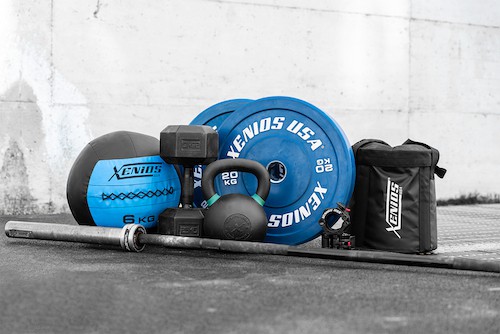- Lacto-ovo-vegetarian diet: allows the consumption of milk and derivatives, the consumption of eggs and products of vegetable origin like cereals, fruits and vegetables, oil seeds and algae.
- Lacto-vegetarian diet: similar to the previous one, but excludes poultry products.
- Vegan diet: a 100% vegetable diet that excludes any type of derivatives, direct or indirect, of the animal supply chain.
The choice to begin a nutrition lifestyle that’s more plant based is becoming more popular in the last few years, a choice that could be for ethic, religious, economic or health reasons. Adapting itself to the requests of the market, as well as the sense of alarm regarding the environmental impact of the animal supply chains, today more and more food industries are offering a wide range of animal substitutes like vegetable milks, legume burgers, cheeses made of mixed nuts and many other alternatives.
All of the variants of this food style include a large consumption of cereals, preferably in grains and in their whole form, fruit and vegetables, legumes of all kinds, algae, dried fruit and oil seeds while there’s a tendency to limit to a minimum any animal derivative.
The benefits of a vegetable diet, in addition to the ethical and environmental ones, involve the state of health of the body: the body is able to draw all of the nutrients that it needs (excluding the vitamin B12 and B2) from vegetable products that actually result to be very rich in fiber, minerals, vitamins, bio active compounds and nutraceuticals, they don’t contain saturated fats and cholesterol, molecules involved in all cardiovascular diseases, have low salt, an important health risk factor, have a high satiating power and contribute to a physiological state of wellbeing.
Balanced vegetarian diet: pros and cons
The vegetarian diet has been shown to be the best in preventing cardiovascular diseases, in increasing the state of health, helps lose weight thanks to the high amount of consuming vegetable products rich in fiber and reduces the economic and environmental impact of the food industries, but also those who choose this food style could also make mistakes.
As previously written, today, to make consumers choose more plant-based products, the industries are offering more veg and appetizing products but often these products are highly processed, rich in salts and conservatives, are fried and have a long list of ingredients. As the food model for excellence teaches us, the Mediterranean one, the basis for correct nutrition isn’t just the reducing the animal-origin foods, but also and above all, the choice of whole foods, not processed, and the reduction of salt by preferring fresh, local and in-season foods.
Those who chose the vegetarian lifestyle but mostly eats foods ready-made, refined or processed risk limiting the benefits of this food style: many vitamins and minerals are lost during the processes of industrial preparation, and added salt represents a health risk that limits the benefits of the absence of saturated and trans fats, and cholesterol and furthermore, the large consumption of these foods accustoms the palate to a savory and strong flavor that doesn’t reflect the taste of fresh foods.
These foods obviously, as in the case with red meat in the Mediterranean diet, don’t have to be eliminated, but need to be consumed in moderation.
Instead, green light for whole grains and pseudo-cereals, fruit and vegetables of every type, cooked and raw, and green light for spices to add flavor, algae to give a bit of salt and every type of legume that has protein, vitamins, fiber, flavor and satiety without forgetting mixed nuts like walnuts, almonds, and hazelnuts and oil seeds, rich in healthy fats that protect the heart, give color and aroma to meals and are an ocean of functional compounds and important protein source.
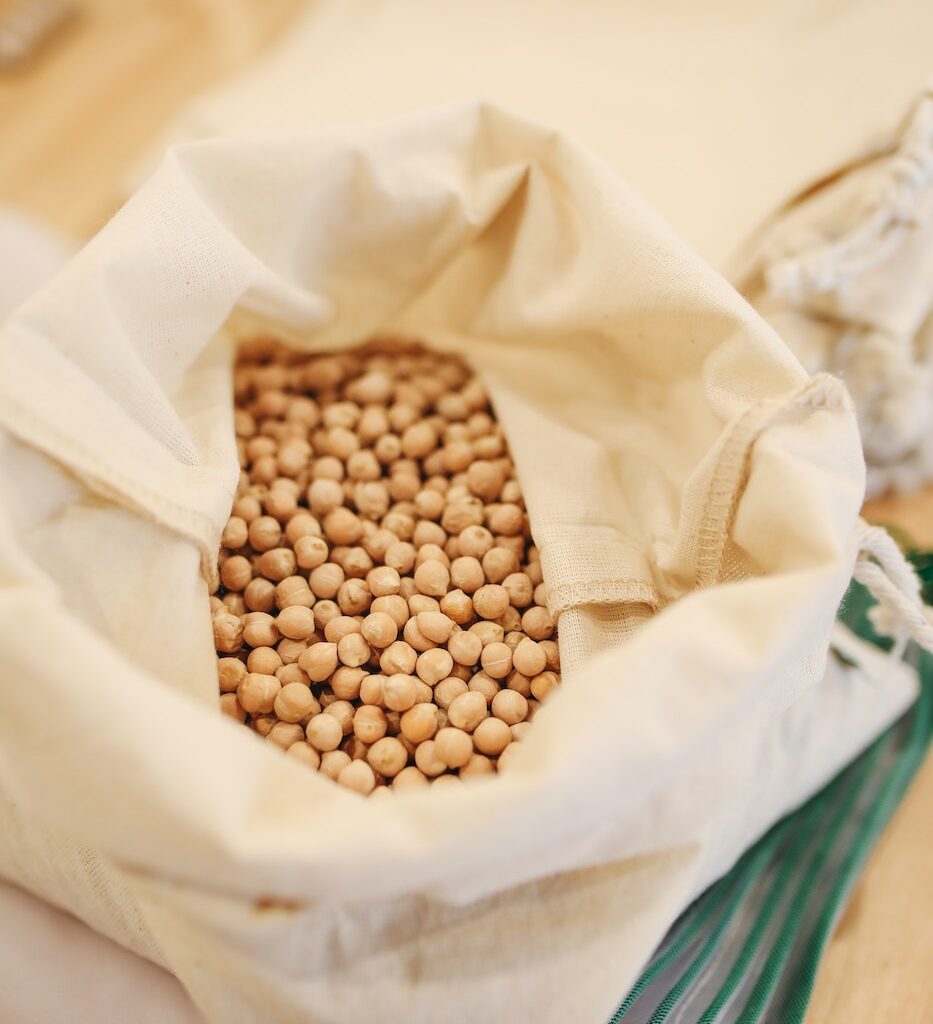
Essential amino acids
For a long time, there was an obsession that it was essential to eat tons of meat or eggs to ensure a proper intake of protein and to grow muscle mass. Animal proteins of this type were considered to have a “high biological value” because they included all of the essential amino acids. By now though, this concept has been widely outdated: it was shown in fact that the body conveys proteins into a final daily “pool” where their destruction releases free amino acids that are then used in the anabolic pathways. From this reasoning it was understood that it’s not essential that a single meal is complete from an amino acid point of view because the body is capable of providing itself with amino acids through this “daily deposit”.
The fundamental behavior is instead varying the diet: only through a varied diet can the body provide itself with everything it needs, complete proteins included. Furthermore, it was shown that the profile of the amino acid composition of many vegetable proteins, like rice, is much more similar to human needs than those of animal proteins and this brings an optimization of the ingested nutrient that is assimilated and metabolized more easily.
In addition to the quality of the proteins, another shadow of the vegetarian diet was the terror of not being able to reach the amount of protein necessary. According to guidelines, the recommended daily quantity of proteins varied from 0.8 g/day for sedentary people to up to 2.2 g/day for athletes. You don’t need a huge amount of protein to maximize muscle mass or sports performance because this is achieved by increasing the daily carbohydrate quote. An excess of protein can then accumulate in the adipose tissue and excessively engage the organs responsible for the disposal of these compounds. If you’re afraid that plant sources are low in protein, below is indicated the contents of protein per 100 g of product of some plant-based foods, available also on the CREA website:
- dehydrated soy – 37 g/100g
- pine nuts – 32 g/100g
- peanuts – 30g/100g
- dried beans – 25g/100g
- beans – 23 g/100g
- red lentils – 25 g /100g
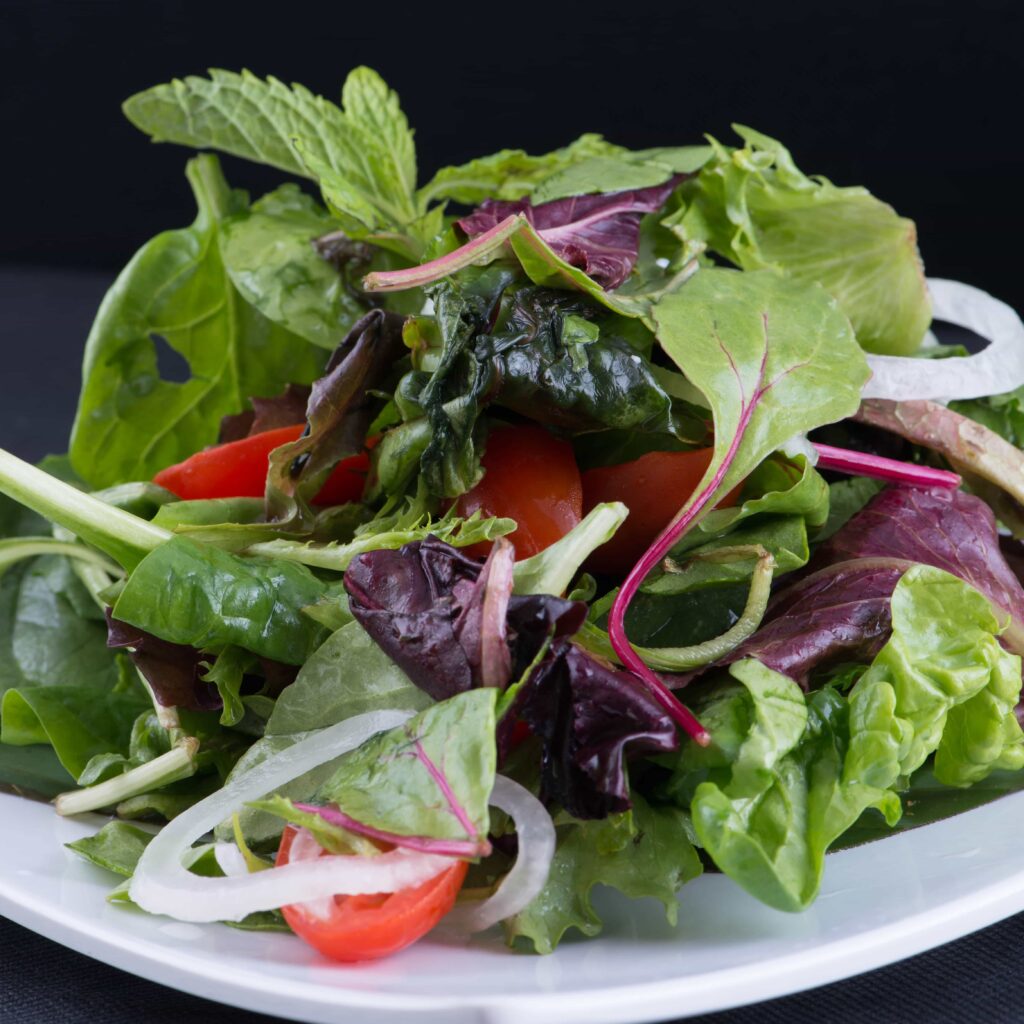
Sports and vegetarian diet
Any complete vegetarian diet can bring numerous benefits to an athlete, but like every diet, it has to be studied and personalized based on the needs of the individual athlete.
It’s noted that physical activity, beyond increasing lean mass and energy expenditure during exercise, also creates an increase in resting metabolism (RMR) which, in vegetarians, results as higher than in non-vegetarians. This increase, together with the evidence that vegetarian diets could tend to have lower energy inputs due to the lower caloric density of foods, underlines the importance of a specialist consultation and a correct nutrition education to choose foods.
Without going into detail about the more or less specific needs of every athlete, the vegetarian diet and the vegan even more so, enjoy the richness of carbohydrates. In fact, whole grains and legumes should be the basis of a vegetarian diet and should be able to reach the recommended amount of carbohydrates (and proteins) that represents the 60-65% of daily calories, equivalent to around 7-10 g of carbohydrates per kg of body weight. Diets rich in carbohydrates optimize the reserves of glycogen of the muscles and the liver, preserving the muscle from catabolism during physical exercise and recovery afterwards, maintain high levels of performance, of concentration and of energy and also limit protein catabolism for energy purposes during physical activity. In order to optimize performance and reduce muscle fatigue, the best strategy seems to be that of having a snack about an hour before training based on “dry”, complex carbohydrates and a low glycemic index: in this way, it reduces the risk of gastrointestinal discomforts, it refills the muscular glycogen reserves and the low glycemic index ensures a balanced distribution of energy over the time of exercise. An apple with some Wasa crackers could be a good idea!
The quality of vegetarian proteins have already been discussed and to underline the uselessness of protein abuse (huge quantities of milk, cheese, eggs or meat) arrives also the evidence that the most important macro nutrient for muscles and performance are carbohydrates and excessive protein intake would also be counterproductive in other respects: many animal proteins are part of matrices rich in saturated fats, milk and eggs included, and are responsible for many cardiovascular diseases, hypertension and strokes, moreover, an abuse of animal proteins increases the loss of an important mineral, calcium, that’s involved in muscle contraction, therefore, in the sports performance. Doses of 1.2-1.8 g of protein per kg of body weight are the recommended doses and easily reachable with a balanced and varied daily diet!
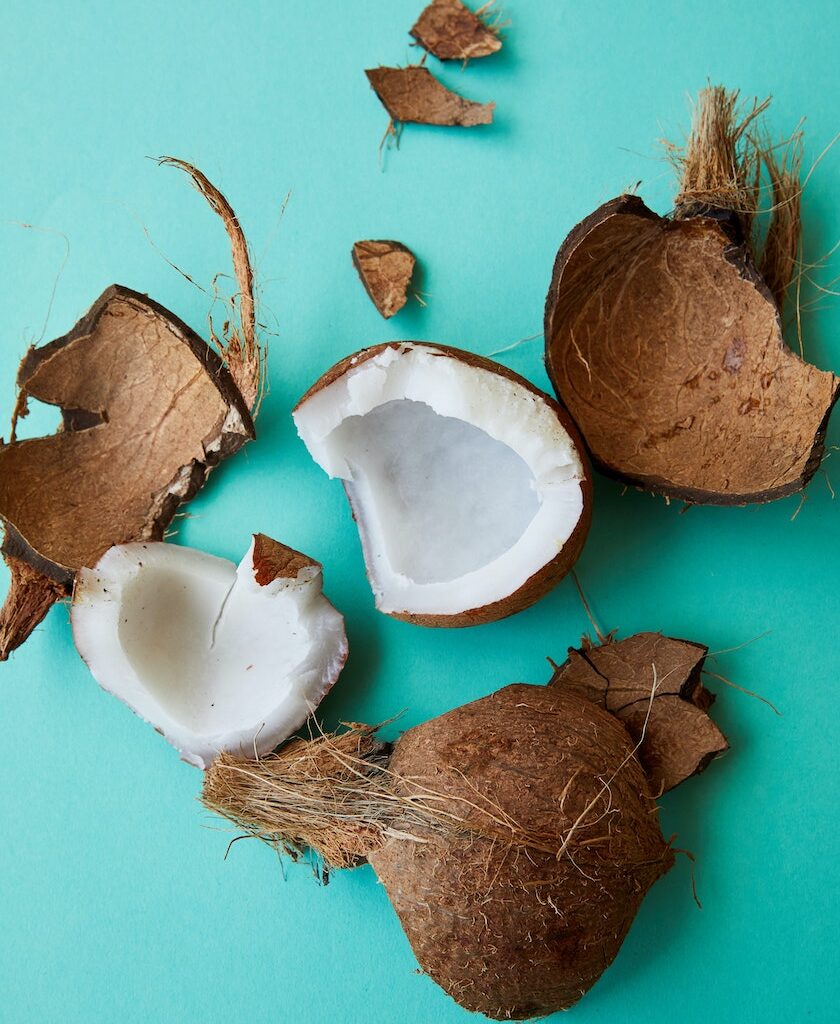
Vegetarian diets tend to be low in fats and if the reduction of saturated fats is positive, that of unsaturated fats is not, which protect the body, increase cellular vitality and can also constitute, intramuscular ones, an important form of fuel during physical exercise, preserving the muscle mass and reducing fatigue. In a balanced diet, the quantity of fats shouldn’t surpass 30% and shouldn’t be below 10% of the total calories even if, diets rich in carbohydrates and lacking fats seems to be the best for sports performances. Qualitatively good fats are found in mixed nuts and oil seeds, in dried fruit butters, avocados and in olive oil. With the exception of the latter, all of these foods are also a protein source that completes the amino acid profile of legumes and cereals.
As far as micronutrients are concerned, the micronutrients that athletes should pay attention to are the group of B vitamins, riboflavin (B2) and vitamin B12 above all. These are compounds present almost exclusively in the animal world for which those who completely abandon the intake of animal foods should include or fortified foods, foods that these vitamins are added to artificially, or integrate their diet with supplements that fulfill their functions.
We conclude the article with a quote from the American Diet Association:
“Vegetarian diets are healthy and nutritionally adequate if planned in the proper way.”
Bibliography
- Anderson TJ, Gregoire J, Hegele RA, Couture P, Mancini GB, McPherson R, Francis GA, Poirier P, Lau DC, Grover S, Genest J Jr, Carpentier AC, Dufour R, Gupta M, Ward R, Leiter LA, Lonn E, Ng DS, Pearson GJ, Yates GM, Stone JA, Ur E. 2012 update of the Canadian Cardiovascular Society guidelines for the diagnosis and treatment of dyslipidemia for the prevention of cardiovascular disease in the adult. Can J Cardiol. 2013;29:151–167.
- Baroni, L. La dieta vegetariana per l’esercizio, il training e la performance atletica: un aggiornamento.
- Bergstrom J, Hermansen L, Hultman E, Saltin B Diet, muscle glycogen and physical performance, Acta Physiol Scand 1967 Oct-Nov;71(2):140-50.
- Corsi, E. C. M. Valore biologico e complementazione delle proteine: i retroscena.
- Grandjean A The vegetarian athlete, Phys Sportsmed 1987;15:191-4.
- Ha, V., & de Souza, R. J. I benefici legati all’adozione di una dieta vegetariana: un approfondimento.
- Haddad EH, Tanzman JS. What do vegetarians in the United States eat? Am J Clin Nutr. 2003;78:626S–632S.
- Havala S, Dwyer J Position of the American Dietetic Association: vegetarian diets, J Am Diet Assoc 1993 Nov;93(11):1317-9.
- LINEE GUIDA PER UNA SANA ALIMENTAZIONE – CREA 2018
- Messina MJ, Messina VL The dietitian’s guide to vegetarian diets: issues and applications, Aspen Publishers 1996;Gaithersburg MD.
- Nilsson LH, Hultman E Liver glycogen in man–the effect of total starvation or a carbohydrate-poor diet followed by carbohydrate refeeding, Scand J Clin Lab Invest 1973 Dec;32(4):325-30.
- Pasiakos SM. The effects of protein supplements on muscle mass, strength, and aerobic and anaerobic power in healthy adults: a systematic review. Sports Med. 2015 Jan;45(1):111-31.
- Poehlman ET, Melby CL, Goran MI The impact of exercise and diet restriction on daily energy expenditure, Sports Med 1991 Feb;11(2):78-101.
- Stampfer MJ, Hu FB, Manson JE, Rimm EB, Willett WC. Primary prevention of coronary heart disease in women through diet and lifestyle. N Engl J Med. 2000;343:16–22.
- Tilman D, Clark M. Global diets link environmental sustainability and human health. Nature. 2014;515:518–522.
- Toth MJ, Poehlman ET Sympathetic nervous system activity and resting metabolic rate in vegetarians, Metabolism 1994 May;43(5):621-5.

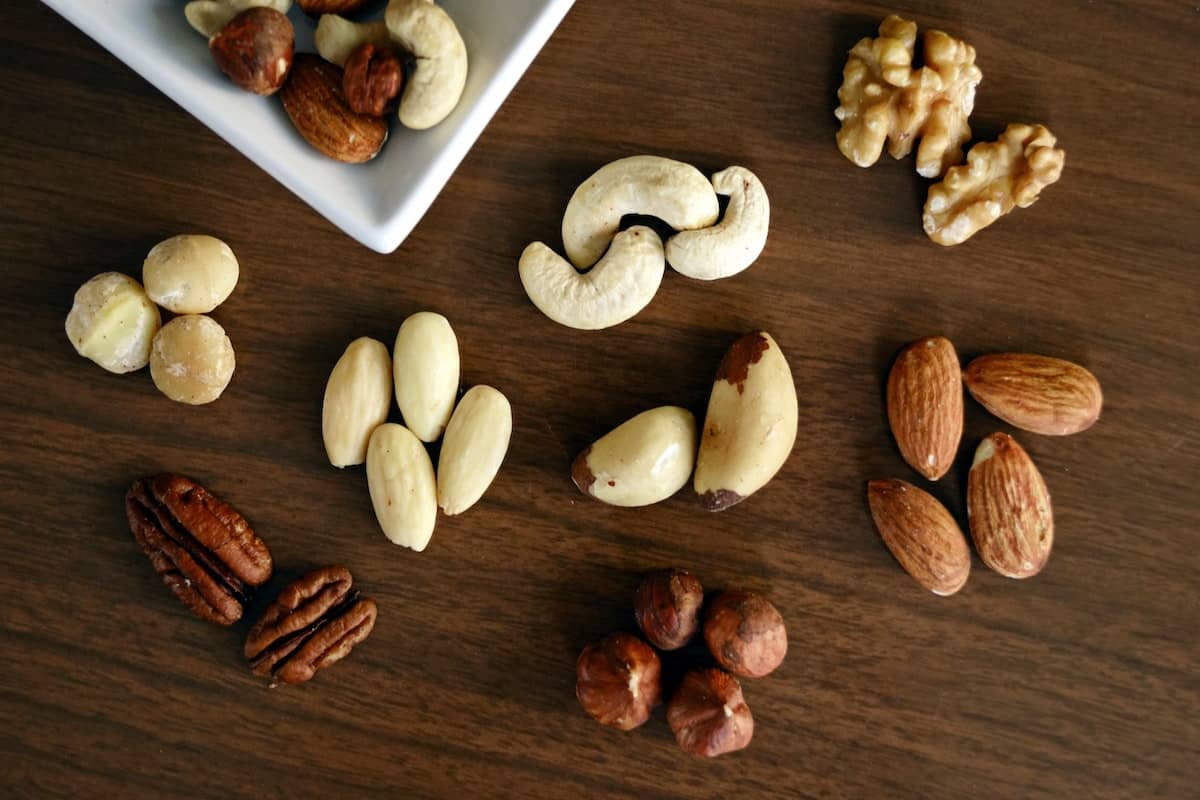


 Since 2009, we’ve been by your side, helping you create the perfect training spaces for Cross Training Boxes, Personal Trainer Studios, and professional Home Gyms.
Since 2009, we’ve been by your side, helping you create the perfect training spaces for Cross Training Boxes, Personal Trainer Studios, and professional Home Gyms.






